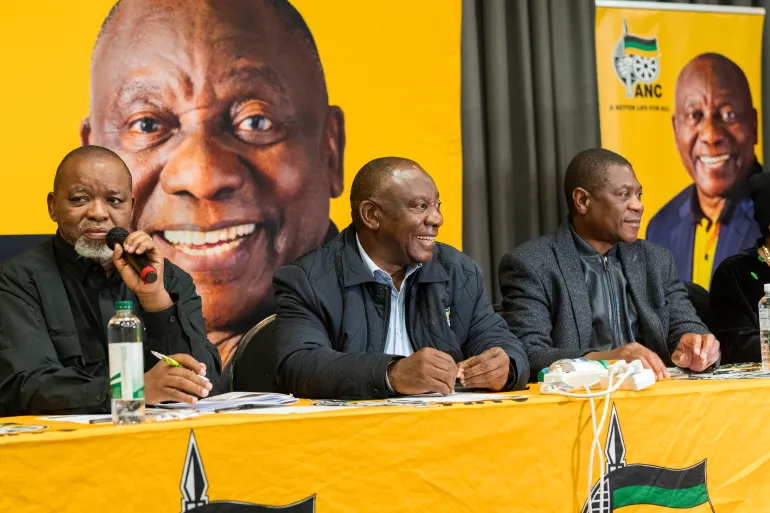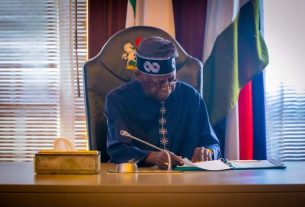The ANC of South Africa seeks a national unity government following an electoral defeat.
South Africa’s Johannesburg — The African National Congress (ANC), which is in power in South Africa, announced on Thursday that it would try to put together a “Government of National Unity” to run the
country after suffering its worst election result in thirty years.
Following days of internal party debate, President Cyril Ramaphosa declared late on Thursday that South Africa was facing a “fundamental consequence” and that extraordinary leadership was needed for the
nation. This statement came before the ANC’s top leadership body, the national executive committee (NEC). For the first time since apartheid ended, the African National Congress (ANC) lost its majority in the
legislature of South Africa last week.
The greatest course of action to advance our nation, according to Ramaphosa, is to allow political parties to create a Government of National Unity.
This effectively indicates that the ANC will look to form a broad multiparty alliance rather than directly form a coalition with its main opponent parties, the far-left Economic Freedom Fighters (EFF) or the
market-friendly and right-leaning Democratic Alliance (DA).
Although Ramaphosa presented the decision as being made in the best interests of the country, experts pointed out that the action also exhibited classic political shrewdness, with the ANC’s own interests taking
center stage. A wide-ranging, multiparty alliance lessens the African National Congress’s reliance on any one political adversary.
Historical lessons
Between 1994 and 1997, a Government of National Unity ruled South Africa. Former President Nelson Mandela nominated cabinet members from the National Party and the Inkatha Freedom Party (IFP), the
ANC’s rival parties at the time, and appointed former apartheid Prime Minister FW de Klerk as his deputy.
Thirty years later, still raw from the May 29 election, the ANC must now work with other parties to reach a consensus before the June 18 constitutional deadline to choose the nation’s next president. In the
election held last week, the ANC’s vote share fell from 57% in 2019—already the lowest percentage up until that point—to 40%.
Additionally, it lost the majority in Gauteng and KwaZulu-Natal, two important provinces.





1 thought on “The ANC of South Africa seeks a national unity”